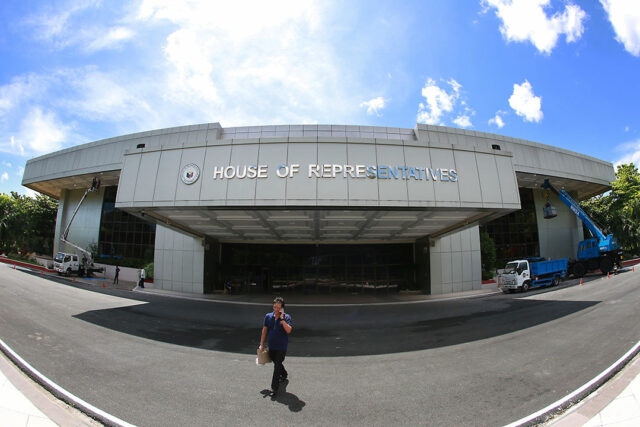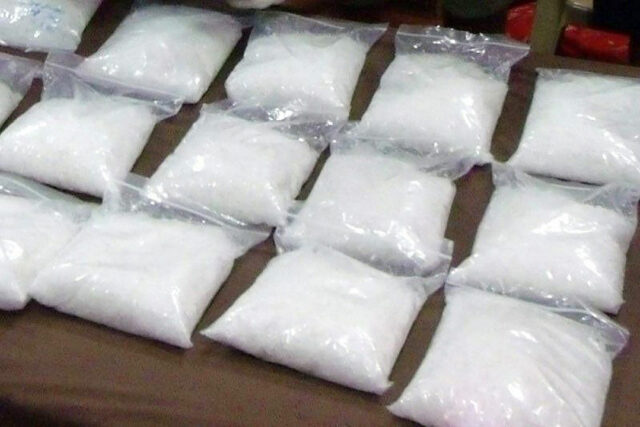Senator pushes stricter health measures in schools vs mpox
A PHILIPPINE senator on Thursday urged schools to enforce stricter health and safety measures after the Health department detected the first monkeypox (mpox) case in the country this year.
“We must continue to push steps to maintain the sanitation and safety of our country’s schools, especially since the first case of mpox this year involved someone who did not leave the country,” Senator Sherwin T. Gatchalian said in a statement in Filipino. “This means the virus is just here.”
He reiterated his call to set up a Philippine Center for Disease Control and Prevention to ensure contingency plans for infectious diseases and viruses.
The senator earlier filed Senate Bill No. 1869, which will establish the center, which will serve as a technical authority on forecasting, analysis and the development of standards for infectious diseases.
The Department of Health (DoH) on Monday said it detected a new case of mpox, days after the World Health Organization (WHO) declared a global health emergency amid an uptick in cases in African countries.
The patient was a 33-year-old Filipino male with no travel history outside the Philippines, the agency said. He was the 10th case overall and the first since the WHO declared the outbreak in African countries a “public health emergency of international concern.”
The Filipino carrier visited an illegal spa and a dermatology clinic in Quezon City and had over a dozen close contacts there, Quezon City Mayor Josefina “Joy” Belmonte-Alimurung told a news briefing on Wednesday.
The 41 close contacts of the patient, who is not a resident of the country’s most populous city, were under quarantine. She said authorities had closed down the spa in the absence of a permit and other documents.
Earlier in the day, Health Secretary Teodoro J. Herbosa said the patient, who has no travel history outside the country, was infected with a mild Clade 2 variant and not the newer and potentially deadlier variant that is spreading rapidly in African countries.
The DoH earlier said four cases were detected in the country in 2022. Last year, three cases were logged in December and one each in July and May. All patients have recovered.
WHO Director for Europe Hans Kluge on Wednesday said the public was at lower risk to mpox than the coronavirus.
The global health agency declared an end to the COVID-19 pandemic after three years.
Common symptoms of mpox include skin rashes or mucosal lesions, which can last two to four weeks and are accompanied by fever, headache, muscle aches, back pain, low energy and swollen lymph nodes.
Mpox can be transmitted to humans through close contact, from infected animals or from contaminated materials such as used clothes or utensils.
Senator Maria Lourdes Nancy S. Binay-Angeles on Aug. 19 filed a resolution urging the Department of Health to come up with an action plan to mitigate the spread of mpox.
“It is vital that appropriate measures are in place to prevent or mitigate the impact of the disease and safeguard public health,” she said in Senate Resolution No. 1159.
“It is likewise imperative for the Senate to look into the adequacy of the DoH’s and other relevant agencies’ response to the WHO guidance on mpox including public awareness strategies… to enhance the country’s preparedness and response to mpox and similar public health threats,” she added. — John Victor D. Ordoñez














